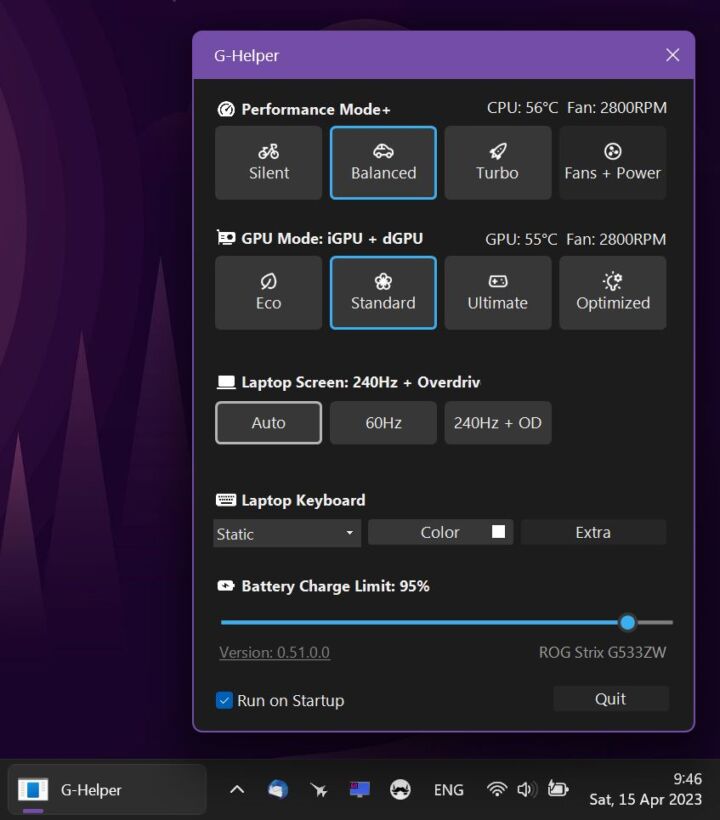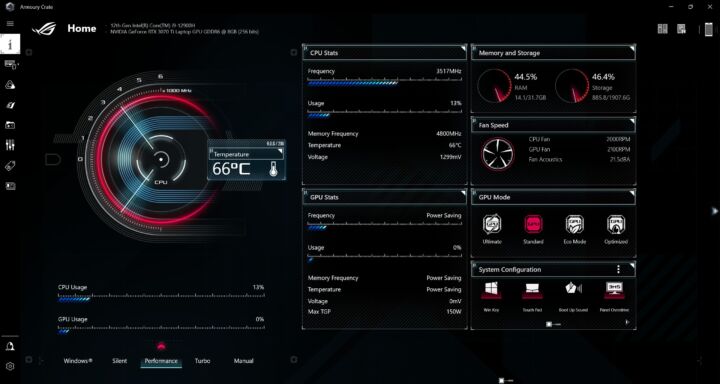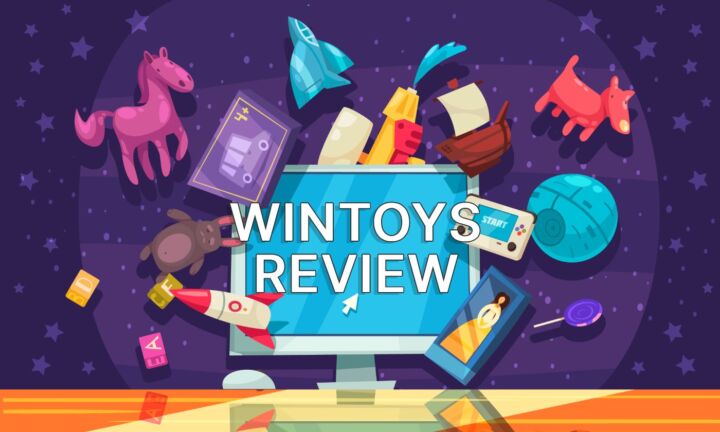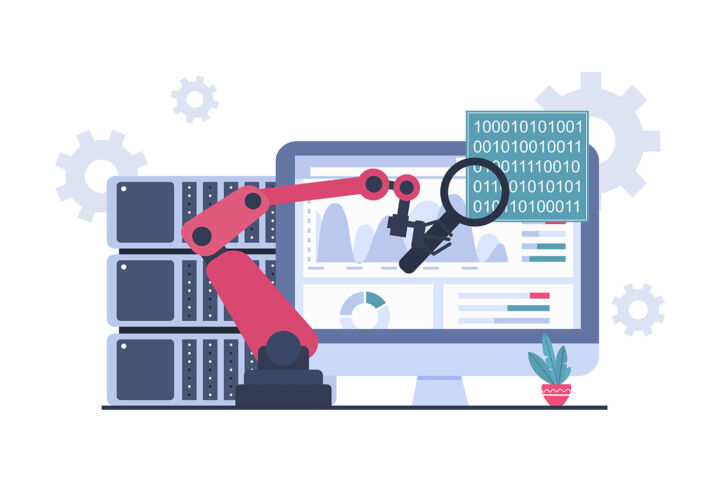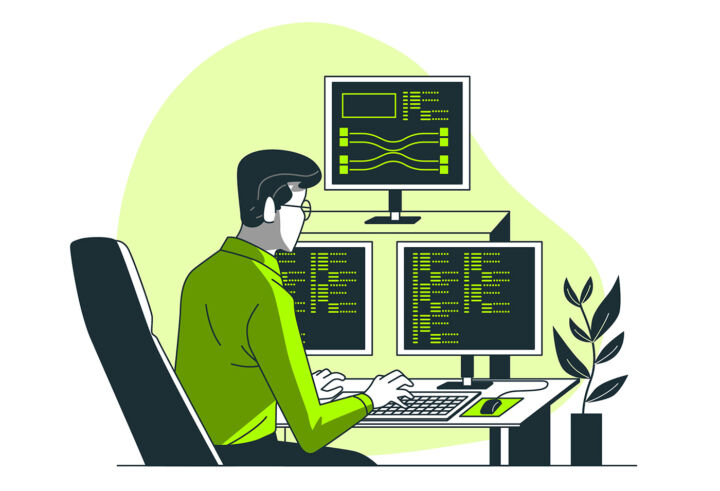Today we’re trying something different. Instead of me rambling about stuff, we’re asking experts to weigh in on important questions such as this one: “Why isn’t Linux a popular desktop OS?“
Let us know what you think about this format in the comments.
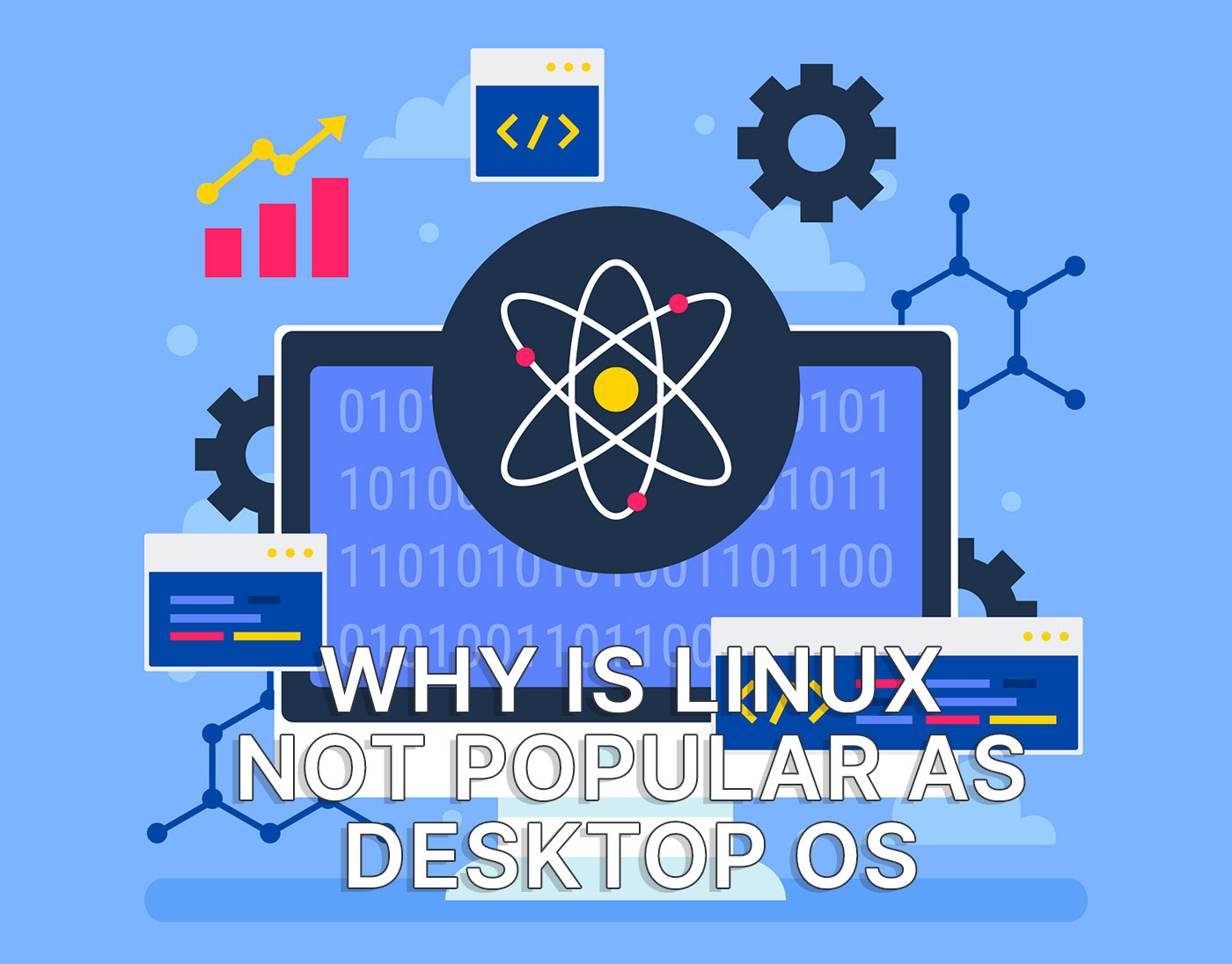
Exploring the reasons behind Linux’s limited popularity on desktops, we’ve gathered insights from five technology leaders, including CEOs and CTOs.
They dig deep into everything from the lack of popular software support to the challenges with user interface and compatibility, offering a range of perspectives on why Linux may not have reached the masses despite being very popular in servers.
Personally, I don’t think the Linux desktop experience is to blame for slow adoption, as there are quite a few Linus distros that play nice with beginners.
CONTENTS
Lack of popular software support
With my history in software development and IT entrepreneurship, I’d like to provide some opinions on why Linux hasn’t attained mainstream appeal among desktop users. One particular cause, in my opinion, is the absence of native support for popular software applications and games.
While Linux provides powerful performance and customization options, its lack of compatibility with frequently used programs such as Adobe Creative Suite and certain video games has hampered its popularity among ordinary users. This provides a barrier for people who rely on certain software for their job or pleasure.
One specific suggestion I’d make is for Linux developers and proponents to focus on improving compatibility and closing the gap with mainstream software. By encouraging more developers to create Linux-compatible versions of their apps and cultivating a thriving ecosystem of open-source alternatives, we can make Linux more accessible and appealing to a wider audience (apps are probably the main reason more people don’t switch to linux). So, while Linux hasn’t yet conquered the desktop market, there is still plenty of space for innovation and growth in the ever-changing world of operating systems.
Max Maybury, Co-Owner and Developer, Ai-Product Reviews
User-friendly interfaces win
Listen, Linux just isn’t that user-friendly, especially when you compare it to the behemoth that Windows turned out to be. Linux is unnecessarily confusing and clunky, and it’s just generally intimidating to use compared to its competitors. Just think about every Mac product that’s ever been released and how easy they make it for the user. Just set it and forget it. Linux never stood a chance compared to something that comes already set up, basically.
Sead Fadilpašić, Cybersecurity Consultant and Writer, Restore Privacy
Complexity deters average users
From my perspective, one of the reasons why Linux hasn’t taken off like wildfire among desktop users is its initial complexity and lack of user-friendliness. Don’t get me wrong; Linux is powerful and incredibly versatile, but it often requires a bit more technical know-how to navigate smoothly compared to more mainstream operating systems like Windows or macOS.
When folks fire up their computers, they want things to be intuitive, straightforward, and seamless. Linux, especially in its earlier iterations, could be a bit intimidating for the average user. The installation process might involve more steps, and configuring certain hardware or software might require diving into the command line, which can be daunting for those accustomed to point-and-click simplicity.
Another aspect is software compatibility. You see, a lot of popular software applications are developed primarily for Windows or macOS, and while many have Linux equivalents or workarounds, it’s not always a seamless experience. Compatibility issues can arise, or users might find themselves missing out on certain features they’ve grown accustomed to on other platforms.
Matt Little, Director and Entrepreneur, Festoon House
Perceived difficulty limits adoption
One specific reason why Linux hasn’t gained as much popularity among desktop users is its perceived complexity for non-technical users. Unlike Windows and macOS, Linux distributions often require more technical knowledge to set up, configure, and troubleshoot. This can be intimidating for casual users who are accustomed to more user-friendly interfaces.
Additionally, software compatibility issues with certain proprietary applications and games have also contributed to the limited adoption of Linux on desktops. Despite these challenges, Linux has found significant success in server environments and specialized applications where its strengths in customization, stability, and security are highly valued.
Dhari Alabdulhadi, CTO and Founder, Ubuy Kuwait
Challenges with user interface and compatibility
My experience with Linux, particularly as a programmer familiar with the command line, has still involved challenges due to its complex user interface. While one can adapt over time, there is a significant initial learning curve.
Furthermore, Linux often struggles with software and hardware compatibility; many popular applications and devices are not readily supported. Most users prefer an operating system that works seamlessly right from the start, without the need to troubleshoot software installations or hunt for compatible drivers every time they upgrade their hardware or wish to use new software.
Barkan Saeed, CEO, Vizteck Solutions
Let’s end with our own thoughts
If you’re interested in my own opinion, briefly outlined in this Windows vs Linux vs MacOS comparison I’ll summarize my own personal experience. I’ve tried to use Linux as a “daily driver” a few years ago.
My choice back then was Ubuntu, then, as I found it a bit buggy, I played around with Debian, which was recommended by my programmer friends. While Debian was definitely more stable, it lacked a lot of recent desktop features that I grew accusomed with from Windows.
I still believe there’s room for Linux as a desktop operating system, as long as the fragmentation issue caused by so many distributions is somehow solved. Novice users don’t want to learn a new user interface and its quirks if they change distributions.
Unity is the only way for Linux to get a significant share on desktop, enough to push big software developers to consider supporting the platform. That’s my take.
